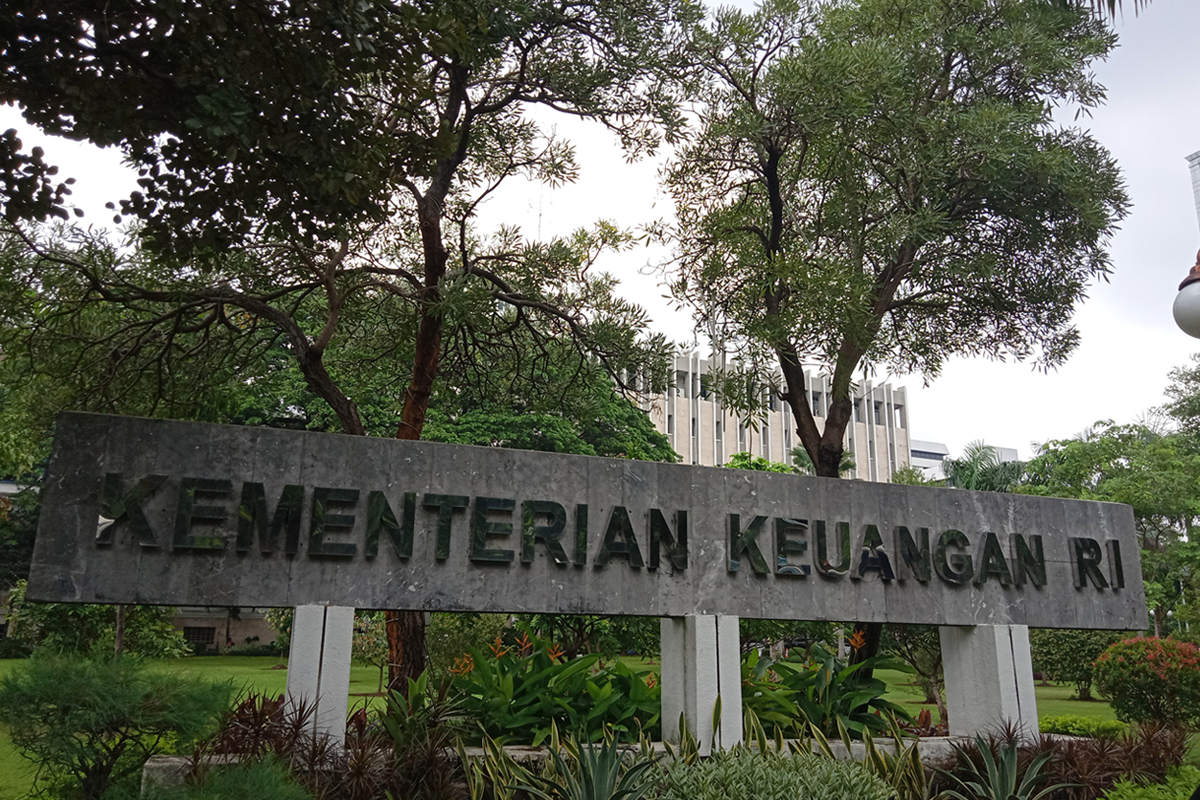Check Out, Criteria for Certain Areas Related to Tax-Free Benefit-in-Kinds

JAKARTA. The government has exempted the imposition of Income Tax on Benefit-in-Kinds (BIK) received by employees from companies in certain areas.
This is confirmed in the Minister of Finance Regulation (PMK) Number 66 of 2023 which is a derivative of the Law on Harmonization of Tax Regulations (HPP) and Government Regulation Number 55 of 2022.
Actually, the three regulations emphasize that every gift of BIK or fringe benefits from the company to employees are Income Tax object. So that on the recipient's side, it is considered income that must be deducted by Income Tax Article (ITA) 21, while on the company's side, it is a deduction from gross income.
However, the regulation excludes in-kind gifts that are subject to income tax, including food and beverages provided for employees, in-kind gifts provided in certain areas, in-kind gifts that must be provided related to the implementation of work, in-kind gifts funded by the State Budget, Local Government Budget or Village Budget and in-kind gifts with certain types and restrictions.
What is meant by certain areas are areas that economically have potential that is feasible to be developed. However, the economic infrastructure and transportation are inadequate.
Availability of Economic and Transportation Facilities
In detail, the economic facilities referred to include eight things, such as the availability of electricity, clean water, housing for employees, hospitals, schools, sports or entertainment venues, places of worship, and markets.
While the means of transportation in question include the availability of public transportation, both access to roads or bridges, seaports, rivers or air as well as public transportation of land, sea, and air transportation.
Thus, if a company does business in a place where at least six of the 11 types of economic infrastructure and one of the six public transportation infrastructures are not available, it can be determined to be located in a certain area.
The determination of a business location as a certain area is valid as long as the certain mining permit expires, in the form of a work contract, coal mining concession work agreement, or mining permit.
Submitting an Application
To be designated as a certain area, the company's head office can submit an application for determination to the Head of the Regional Office of the Directorate General of Taxes (DGT).
The application must contain information such as;
- company name in this case the head office
- head office address
- the tax identity of the business location proposed to be determined as a certain area
- the address of the business location proposed for a determination as a certain area and
- the coordinates of the business location proposed for determination.
In addition, the company must also fulfill other requirements such as submitting an Annual Income Tax Return for the last two tax years or a Periodic VAT Return for the last three tax periods.
Companies also may not have tax debt, or even if they do have tax debt, the company is allowed to postpone or pay it off. The last requirement is that the company is not in the process of handling criminal acts in the field of taxation or money laundering.
The application must then be accompanied by a number of documents such as:
- OSS-issued Business Identification Number (NIB) or equivalent documents
- Location Map
- Statement of the state of economic infrastructure and public transportation at the business location
Once all requirements are met, the company can submit the application either in person, by postal service, expedition service company, courier service, or electronically through the system provided.
Upon this request, the DGT will examine the completeness and then carry out an inspection at the business location. After an inspection of the location, the DGT will issue a decision on approval or rejection not more than four months after the application is complete. (ASP/KEN)


